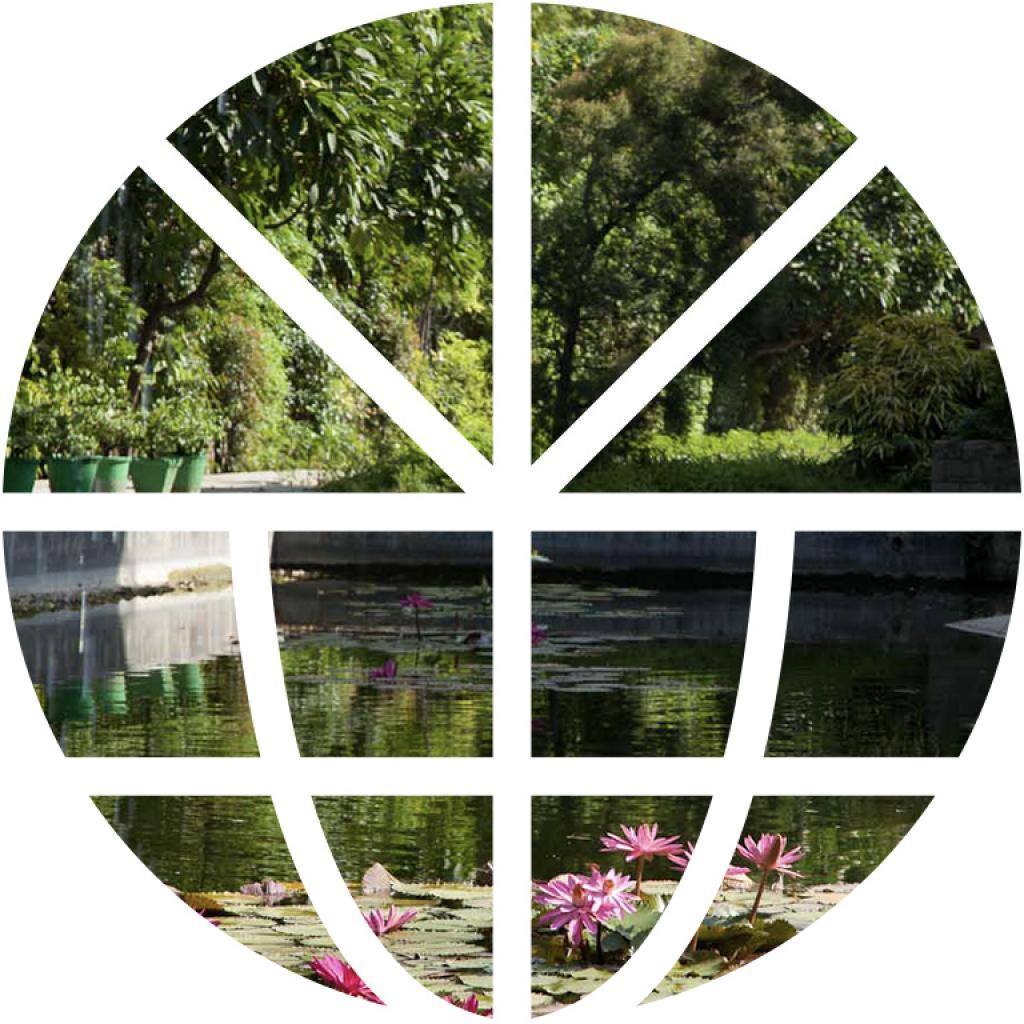Launch of the Citizens Delhi Climate Action Plan and Citizens Delhi Heat Action Plan-2024
Speakers: Prof. C.R. Babu, Professor Emeritus, Centre for Environmental Management of Degraded Ecosystems (CEMDE), University of Delhi; Shri Rajendra Ravi, Co-ordinator, People’s Resource Centre; Prof. Shreekant Gupta, former Professor, Delhi School of Economics and IPCC author; Dr. Yogita Shukla, Founder and CEO, addGEO Foundation; Shri T.K. Shah, Member, Green Circle of Delhi; and Col. Anuj Srivastava (Retd.), architect and heritage conservationist
Chair: Shri Suhas Borker, Founder Member, Green Circle of Delhi and Trustee, IIC
The programme will commence with the release of the book edited by Rajendra Ravi, Exploring New Urbanism – Food, Farm and Wastelessness (Bookwell, New Delhi: 2024)
The occasion marks the 88th anniversary of Lodhi Garden and the 32nd anniversary of Green Circle of Delhi. NDMC Horticulture Department will present a sapling to each participant, kindly please bring a cloth/jute carry bag
(Collaboration: Green Circle of Delhi)









